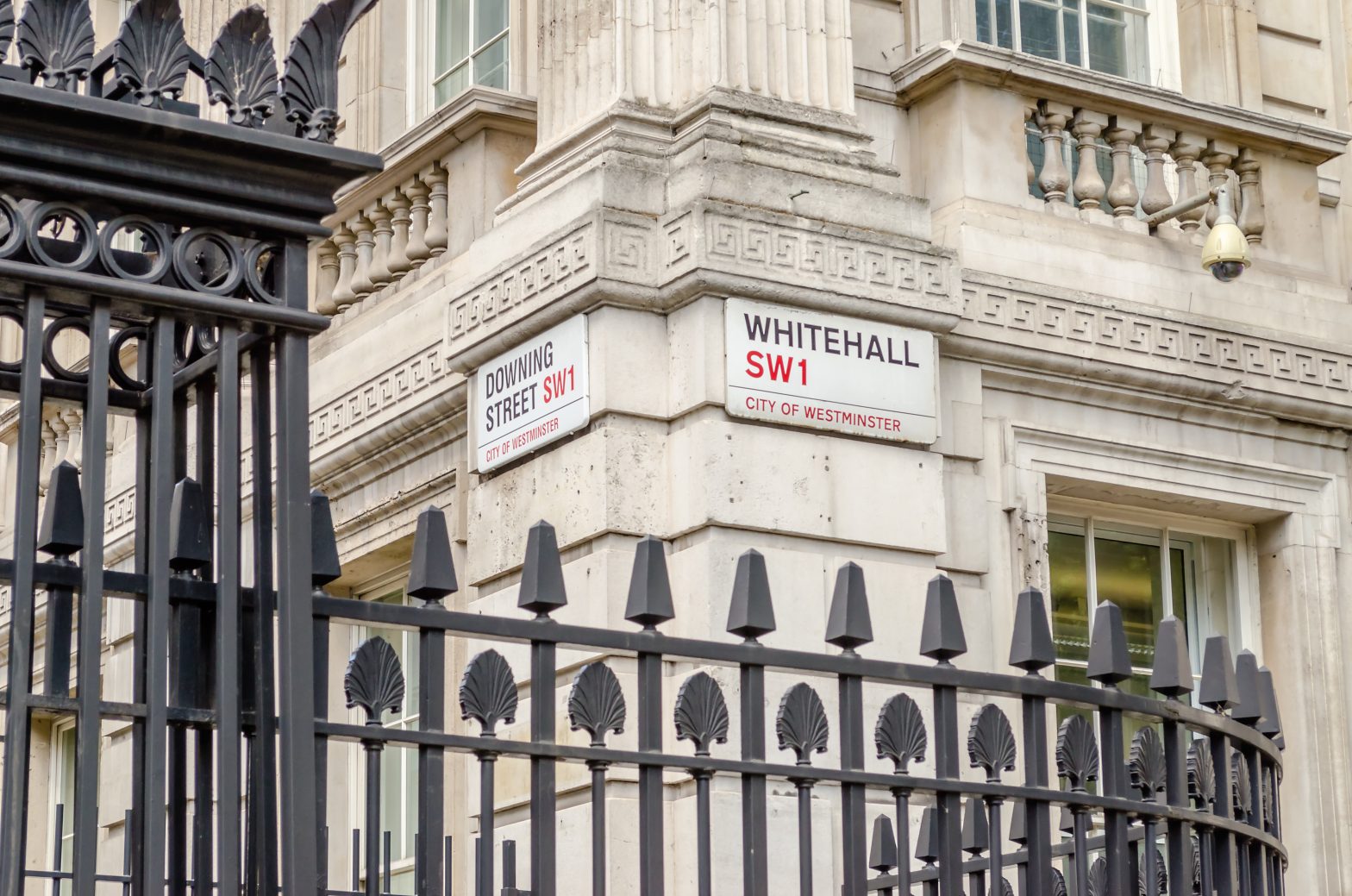The arrival of a new government usually precipitates a “honeymoon period”, a time when the government enjoys steady waters, a bounce in the polls, and is given greater leeway over legislation. Needless to say for anyone who has been following the news, this has not been the case for Liz Truss’ government.
As the political fallout from the mini budget continues, the new Chancellor of the Exchequer, Jeremy Hunt, has almost entirely reversed the fiscal measures announced a few weeks ago by his predecessor, Kwasi Kwarteng. With Liz Truss having become Prime Minister on the basis of the policies announced in Kwarteng’s mini budget, this failure is hugely significant for the survival of her nascent premiership.
Indeed, the only policy from the mini budget left standing is the end of the cap on bankers’ bonuses – itself a controversial measure. This has led many political commentators to claim that the new Chancellor is now effectively the de facto Prime Minister.
After we took a deep dive into the mini budget in a previous article (see here), keep reading to learn which policies Jeremy Hunt has chucked, and how it might affect you.
What fiscal policies has Hunt reversed?
Following the unprecedented reversal of a fiscal policy platform after just a few weeks of government, there is a lot of detail for us to dig into. Let’s take a look at each of the policies Hunt has scrapped as the government attempts to shore up the flagging British economy.
- The cut to 19% of the basic rate of income tax from 20% has been cancelled. The government had originally said that 31 million people would save £170 a year from the cut.
- The 2-year energy price guarantee – Liz Truss’ landmark policy. It has now been limited until April 2023 and Hunt suggested that there would be a new approach targeting those in the most need from April. The average annual energy bill is expected to rise to more than £4000 following the change.
- The scrapping of the 45p top rate of tax for earnings over £150,000 per year has been reversed.
- Corporation tax will increase to 25%. Truss had previously promised to freeze corporation tax at 19%, in contrast with previous Chancellor Rishi Sunak’s pledge to increase it to 25%. Britain would continue to have the lowest corporation tax rate in the G7.
- Scrapping of the alcohol duty freeze. Alcohol duty will subsequently increase in line with inflation, as measured by the retail price index which is currently at 12.3%.
- Changes to off-payroll working, known as IR35 reforms have also been cancelled. The change to IR35 rules would have meant that companies would no longer be responsible for ensuring their contractors were paying the right amount of tax
- VAT free shopping for international tourists has been cancelled
- Freeze on alcohol duty, which would have cost £600m has been reversed
- Cuts to the tax paid on shareholder’s dividends
What measures will remain?
There are some tax measures which have already begun the legislation process that will remain. These include the following:
- The reverse in the rise of national insurance. The 1.25% percentage point increase will be axed from November.
- The cut to stamp duty. Stamp duty has been doubled to £250,000, while the threshold for first-time buyers will rise to £425,000
- The removal of the cap on bankers’ bonuses, which previously capped bonuses at twice an employee’s salary.
Will these measures help the UK economy?
Kwarteng’s tenure as Chancellor, the second shortest in British history, could hardly have been more disastrous. His replacement, Jeremy Hunt, has been chosen in an attempt by the government to reassure the financial markets and instil a sense of calm to the country. While Truss and Kwarteng are from the libertarian right of the Conservative Party, Hunt is usually identified as coming from the centre of the party. The choice of a Chancellor from a different wing of the party underlines Truss’s desperation to save her premiership.
The markets may be more assured by the fact that the government will not be forced into borrowing as much now that the majority of Truss’ policies have been scrapped, however there is still a £27.7bn black hole in the government finances according to the BBC. The cost of borrowing will also now be considerably higher for the government for the foreseeable future, which Hunt has hinted may lead to tax rises and cuts to public services.
Hunt will make a further announcement during his fiscal statement on 31st October, where he will outline how the government intends to reduce public sector debt as a share of national income over time. However, it remains to be seen whether these fiscal measures introduced by the new Chancellor will help to turn the tide on the British economy.
Have questions about this article? Get in touch today!
Call us on 020 7928 0276, our phone lines are open and we will be taking calls from 9:30am to 6:00pm.
Email us on info@lisaslaw.co.uk.
Use the Ask Lisa function on our website. Simply enter your details and leave a message, we will get right back to you: https://lisaslaw.co.uk/ask-question/
Or, download our free app! You can launch an enquiry, scan over documents, check progress on your case and much more!



